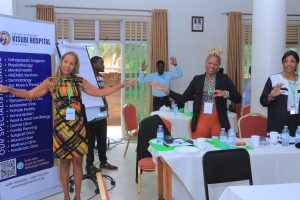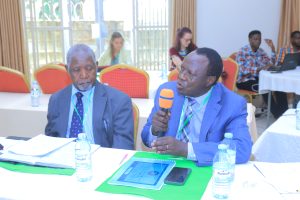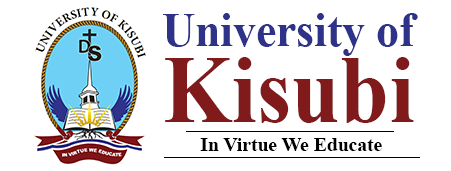
Day 2 Proceedings | 3rd October 2025
Theme: Community-Based Participatory Mental Health Care: Focusing on the Role of the Family
Venue: Sisters of Mary Reparatrix, Entebbe – Hosted by University of Kisubi
Day Two of the International East African Psychology Conference continued with engaging sessions that highlighted the central role of families and communities in promoting mental health.
The day opened with remarks from Rev. Fr. Yaya, who emphasized how the University of Kisubi prepares students for practicum classes as a way of grounding future professionals in practical, community-centered mental healthcare.
From Kisubi Hospital, Dr. Rwingirya stressed the importance of families in effective mental health management. He noted that emotional support, open communication, treatment reinforcement, and improved family dynamics significantly reduce relapse rates and hospitalization. He called on families to embrace strategies such as active listening, validation, and community-based initiatives, including Village Health Teams and mental health outreaches.
Dr. Fr. Kalemeera explored the critical link between environmental health and mental wellbeing, showing how climate change, urbanization, and environmental degradation contribute to stress and psychological disorders. He encouraged culturally sensitive interventions, drawing from African traditions such as storytelling, and reminded participants that neglecting care for nature ultimately harms human mental health.
A localized and innovative perspective came from Charles Senteza, who presented on speech assistance technologies for individuals with autism. He highlighted the emotional and financial strain families face, the importance of supporting communication in one’s mother tongue, and the value of early identification of symptoms such as repetitive behaviors or lack of social responses.
Representatives from government ministries also contributed. Ms. Lucy from the Ministry of Gender, Labour, and Family Affairs highlighted efforts to reduce community-level mental health issues through partnerships with cultural, religious institutions, and parliament forums. She pledged collaboration with the University of Kisubi. Ms. Namakula Rebecca from the Ministry of Education emphasized the family’s role in shaping mental health at home, in schools, and within communities, noting poverty and displacement as major challenges. She also introduced a new handbook designed to help families manage mental health concerns.
The international dimension was represented by Olivia Hermine, who shared on Human Survival of the African American Family. Her work includes daycare support, caregiver programs, disability inclusion, and fostering a sense of belonging for every child. Mr. Saleem reminded participants that words shape lives and tied global health initiatives to God’s mission of peace, purpose, and destiny.
Lighter yet profound reflections came from Sharon Dosett, who stressed self-care, resilience, and personal balance as keys to sustaining family life. She encouraged participants to find clarity, purpose, and motivation in their daily lives.
Community voices also played a strong role. The Grandmothers Association, represented by Jjajja Nabwire Margret from Kabimbiri, showcased their grassroots work in vocational training, gardening, and mentorship for girls in schools. Their yearly themes promote togetherness and practical skills. Similarly, Mr. Paul from Kalangala highlighted the socio-economic realities of island communities, touching on palm oil farming, reliance on Lake Victoria, infrastructure challenges, and land conflicts.
From the University of Burundi, Dr. Niyonkuru addressed the quality of life for students with disabilities, pointing out issues such as loss of individuality, lack of adaptive materials, and invisibility in the classroom. He called on schools to play a stronger role in ensuring social visibility and inclusion.
Dr. Sr. Celestine Lindiro underlined the importance of publishing and disseminating research findings for broader public benefit, while Dr. Sebastian Ssempijja provided evaluation and feedback. He announced that next year’s conference will be held on October 7th and 8th, with the proposed theme “Access and Equity: Mental Health for All.”
The day concluded with a moment of solidarity, as participants expressed condolences to Muni University, which lost five staff members in a tragic car accident after a sports workshop in Kampala.









